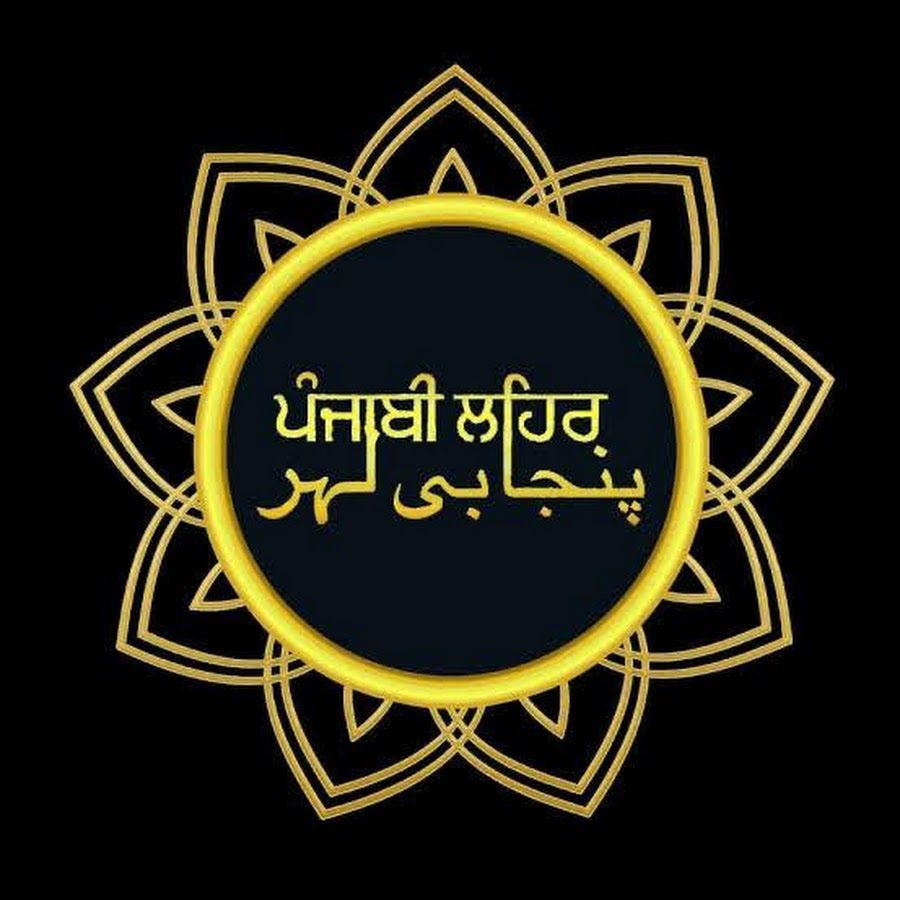Pakistan Floods
Summary
On August 28th, 2022, a disastrous monsoon led to the devastation and displacement of 33 million people in Pakistan. The floods damaged around one million homes and affected 110 districts across the country. These monsoon rains returned in March of 2023, enabling another flood to kill 159.
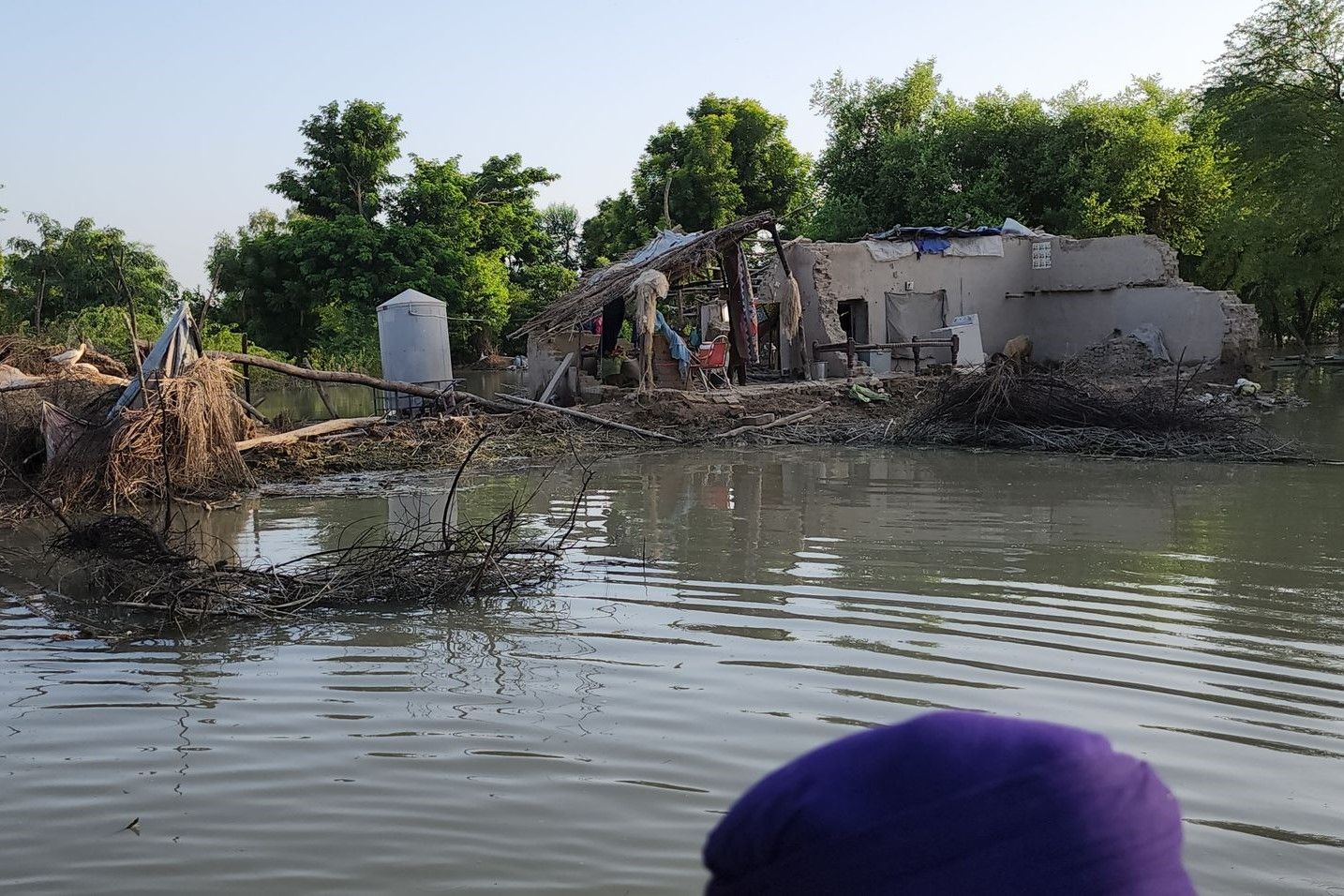
Timeline
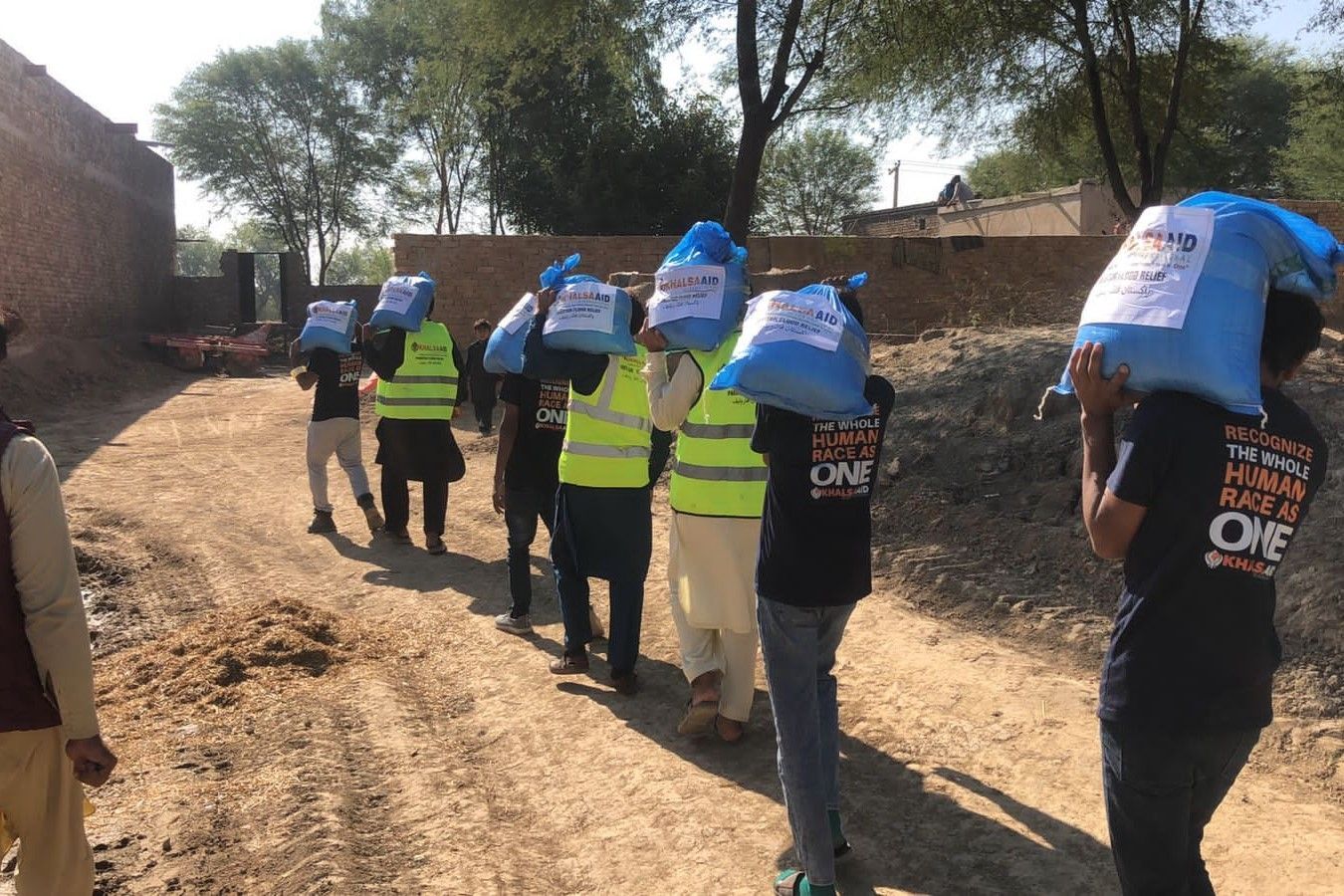
How we are helping
Khalsa Aid began Phase 1 of immediate relief provision by dispatching teams within 36 hours of crisis to three of the most affected districts: Punjab, Khyber Pakhtunkhwa, and Sindh, and providing monthly food and medical kits.
Khalsa Aid then ushered in Phase 2 of long-term relief provision in the form of water handpumps installed across the Rajanpur and Sindh districts.
Areas of impact
Shelter and supplies
As of 2023, 17 houses were built in the Rajanpur district with the help of Punjab Lehar in May, as well as 23 completed in July. Kitchen utensils are distributed with each completion. Relief packages have been consistently distributed in Jaranwala since September, providing over 85 families with kitchen utensils, pillows and blankets.
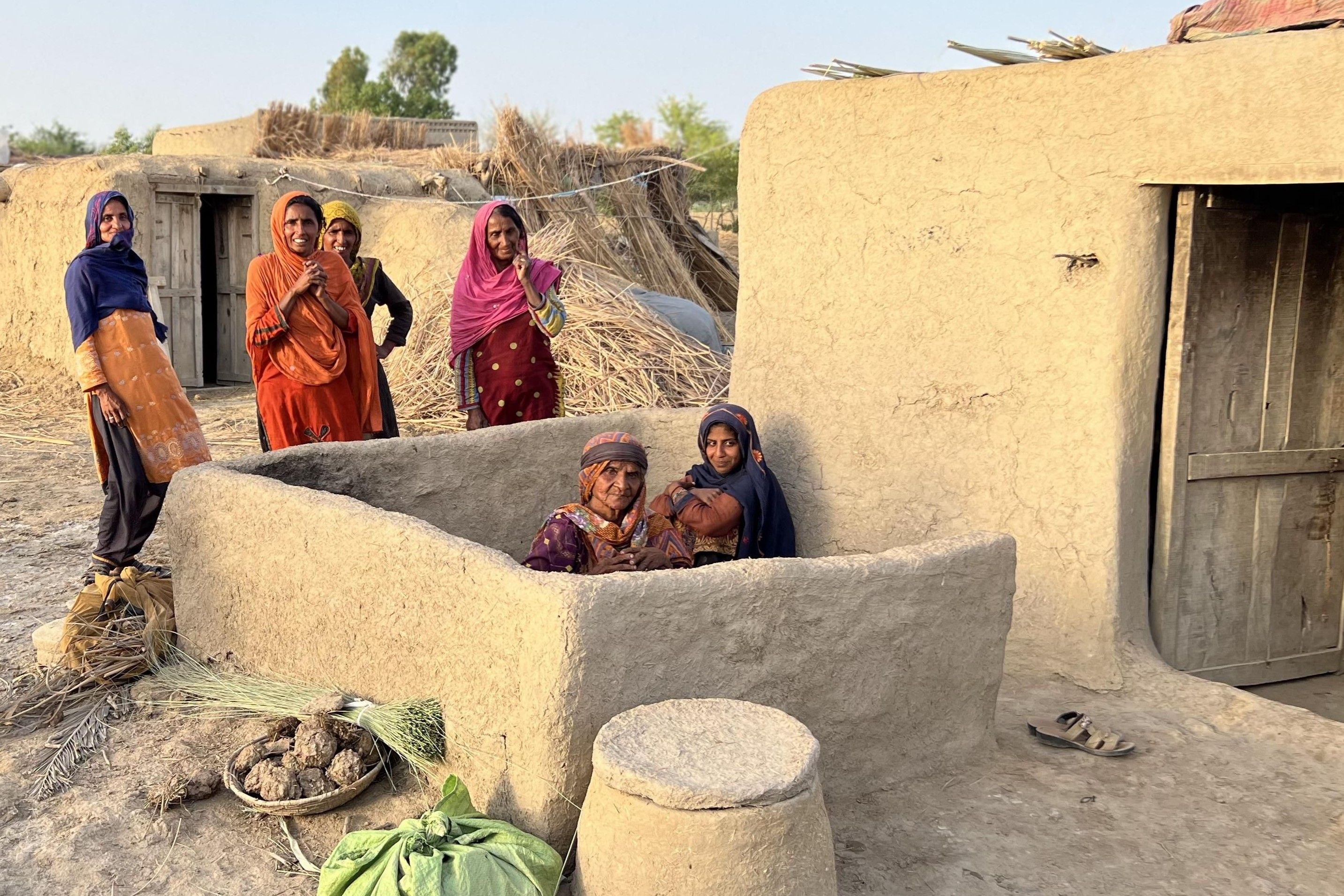
Shelter and supplies
As of 2023, 17 houses were built in the Rajanpur district with the help of Punjab Lehar in May, as well as 23 completed in July. Kitchen utensils are distributed with each completion. Relief packages have been consistently distributed in Jaranwala since September, providing over 85 families with kitchen utensils, pillows and blankets.
Impact so far
One of Khalsa Aid's primary areas of focus is providing immediate relief during natural disasters and conflicts. When disasters like earthquakes, floods, or tsunamis strike, Khalsa Aid is often among the first organizations on the ground, distributing food, water, medical supplies, and shelter to affected populations.
Water Pumps Installed
Mosquito Nets Distributed
Houses Built
"The Pakistan Floods Emergency Aid Relief was one of the biggest operations Khalsa Aid has supported. This is all thanks to our amazing volunteers on the ground, 4 of which who led teams in 3 regions of Pakistan, delivering aid to those in need. In total, we had over 150 volunteers providing aid, and without their support, this would not have been possible."
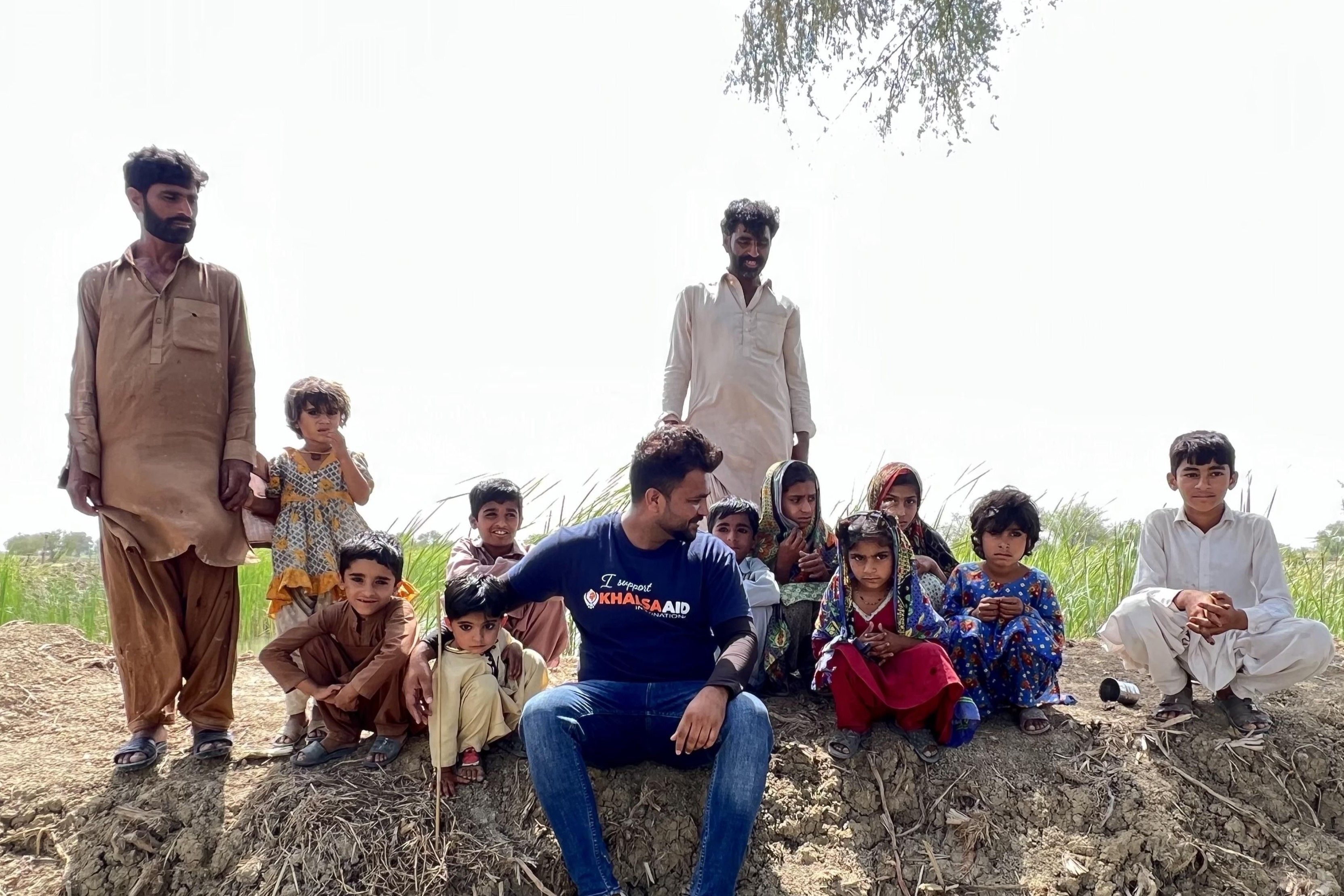
UN Sustainable Development Goals
This project supports the achievement of the following UN Sustainable Development Goals:



Collaborators
Punjabi Lehar
A YouTube channel that connects Indians and Pakistanis who were separated by the 1947 partition. Punjabi Lehar is attempting to fufill the desire of remaining partition era Punjabis, who will be gone in the next five to seven years. Punjabi Lehar, through its medium is spreading the message of love and cooperation.
